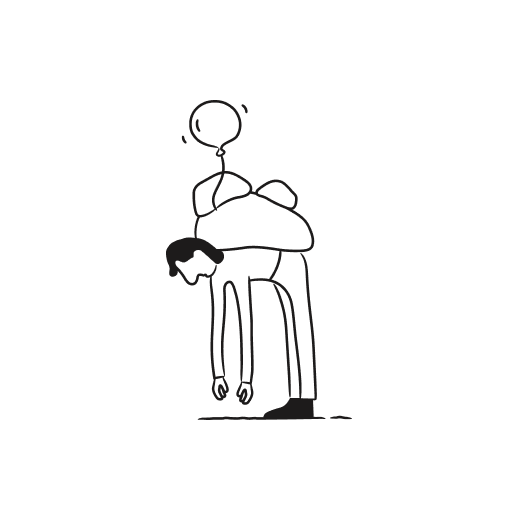What we treat
Post-traumatic stress disorder (PTSD)
Post-traumatic stress disorder (PTSD) is triggered by a terrifying event — either experiencing it or witnessing it. Symptoms include flashbacks, severe anxiety, and uncontrollable thoughts about the event. Many people will relive the traumatic event through flashbacks and nightmares that leave them feeling on edge, and some will feel guilt or shame or suffer from insomnia. Many sufferers become isolated.


